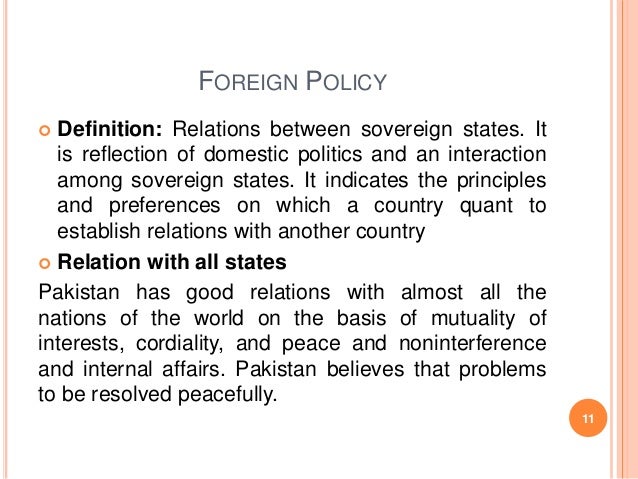International Relations Theory Definitions
International relations theory is the study of international relations from a theoretical perspective; it attempts to provide a conceptual framework upon which international relations can be analyzed.
Also found in: Dictionary, Acronyms, Wikipedia.
international relations,
study of the relations among states and other political and economic units in the international system. Particular areas of study within the field of international relations include diplomacy and diplomatic history, international lawinternational law,body of rules considered legally binding in the relations between national states, also known as the law of nations. It is sometimes called public international law in contrast to private international law (or conflict of laws), which regulates private legal
.....Click the link for more information., international organizations, international finance and economics, and communications, among others. In addition, increased attention has been paid in recent years to developing a more scientific understanding of the international system as a whole. Aspects of international relations have been studied as early as the time of the ancient Greek historian Thucydides. As a separate and definable discipline, however, it dates from the early 20th cent., when the first organized efforts were made to find alternatives to wars in nation-state international behavior. Two schools of thought quickly developed. One looks to strengthened international law and international organizations to preserve peace; the other emphasizes that nations will always use their power to achieve goals and sees the key to peace in a balance of power
Feminist International Relations Theory Definition
balance of power,system of international relations in which nations seek to maintain an approximate equilibrium of power among many rivals, thus preventing the preponderance of any one state.
.....Click the link for more information. among competing states. With increased importance attached to a theoretical understanding of the whole international system, there has been a growing use of concepts and modes of analysis developed in the natural sciences in an attempt to improve the verifiability and applicability of theories. In many of the leading U.S. universities there are both research institutes and schools of international relations. See diplomatic servicediplomatic service,
organized body of agents maintained by governments to communicate with one another. Origins
Until the 15th cent. any formal communication or negotiation among nations was conducted either by means of ambassadors specially appointed for a
.....Click the link for more information.; United NationsUnited Nations
(UN), international organization established immediately after World War II. It replaced the League of Nations. In 1945, when the UN was founded, there were 51 members; 193 nations are now members of the organization (see table entitled United Nations Members).
.....Click the link for more information.
 ; European UnionEuropean Union
; European UnionEuropean Union(EU), name given since the ratification (Nov., 1993) of the Treaty of European Union, or Maastricht Treaty, to the European Community (EC), an economic and political confederation of European nations, and other organizations (with the same member nations)
.....Click the link for more information.
Bibliography
See R. Aron, Peace and War (tr. 1967); H. J. Morgenthau, Politics among Nations (5th ed. rev. 1978); F. S. Northedge and M. J. Grieve, A Hundred Years of International Relations (1971); R. W. Mansbach and J. A. Vasquez, In Search of Theory (1981); F. S. Pearson and J. M. Rochester, International Relations (2d ed. 1988).
international relations
both the relations between nations and the study of these relationships. As a policy-oriented academic study, international relations is a hybrid discipline, drawing upon historiography and political science as well as on sociology.The most significant actors in international relations are usually considered to be sovereign NATION STATES. Given that states are sovereign powers, the formal relation between these is one in which there exists no higher authority than the nation states themselves. It is for this reason that WARFARE, or the threat of or the avoidance of warfare, has figured so prominently in both the practice of international relations and as the subject matter of the discipline (see also STRATEGIC THEORY, DETERRENCE THEORY, ARMS RACE). The economic and the political relations between states are also the subject of study, as is the operation of international organizations.
It is in terms of the specificity of its substantive focus, rather than in the range of methods employed, that the discipline of international relations is distinguished from sociology. Thus, most of the approaches, theories and topics of international relations also occur, actually or potentially, as subsections of sociology (see NATION-STATE SYSTEM, WORLD SYSTEM).
Want to thank TFD for its existence? Tell a friend about us, add a link to this page, or visit the webmaster's page for free fun content.
Link to this page:



